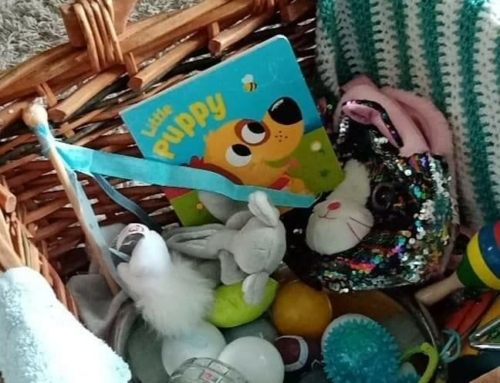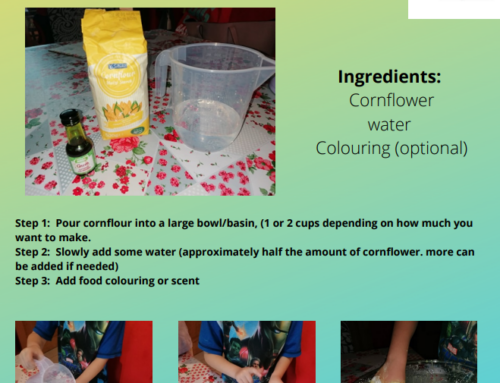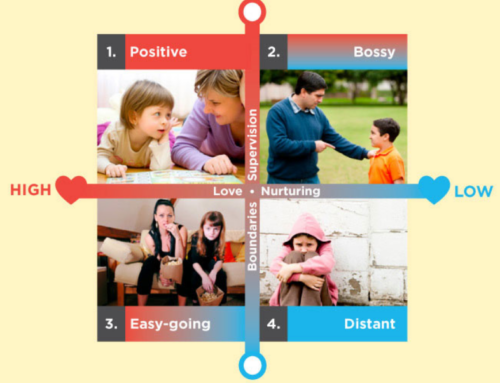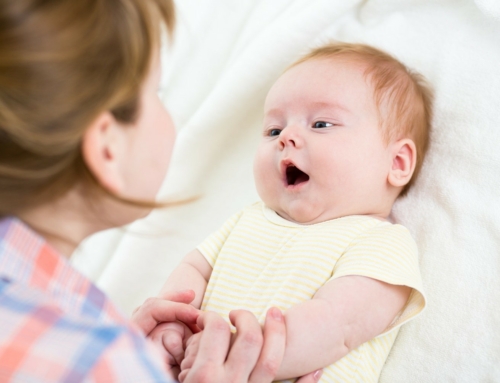What exactly do we mean when we talk about ‘good manners’? Are good manners simply about being polite to others, or do they reflect something deeper?
Good manners aren’t just about ‘formal manners’ or manners we use when people call to our house for example. It is true good manners, in part consist of everyday normal courtesies. ‘Please’, ‘thank you’, ‘excuse me’ and so on are great examples of these everyday courtesies.
Well the truth is – good manners are not just about ‘please’ and ‘thank you’. More importantly manners are about our attitude towards others. This involves a respect for the rights, ideas and feelings of others, including those with whom we disagree.
It is up to you which manners and courtesies you feel are important. It is the qualities of caring and consideration that we teach our children that really matters.
Our little ones learn by example, showing ‘caring’ politeness is better than demanding your child to be polite!
We say ‘thank you’ to express gratitude and appreciation. Thank you can also be said in a way as to offend or even hurt others. Body language and tone of voice can give a very different message to those words that means we are anything but thankful. What matters more than the words we use is our attitude toward others and the message those words really want to convey.
Our children’s manners not only reflect their feelings toward others, but also help them develop new, desirable attitudes. Just because children aged 2 or 3 are trained to say ‘please’ and ‘thank you’ doesn’t necessarily mean they are any more considerate than children who have not yet been taught to say please and thank you.
You will soon notice when your young child’s good manners bring them praise and smiles from us and others, they soon become pleased with themselves. This in turn makes them more friendly toward others. And through this practice of good manners your child will develop new attitudes which help reflect kindness and courtesy towards others.
And of course, these attitudes and the learned courtesies are reinforced in our children by what we as parents do. Children accept their parent’s way of treating other people. They observe the people we as parents consider worthy of care and consideration. In other words your child mirrors how you treat people in everyday life.
So let’s help our children express what they want in ways that are considerate of others and show their appreciation in an appropriate manner. Teach good manners the same way you teach your children to take turns or share with others. By doing this you are helping your children in expressing positive attitudes toward others.
There’s lots more great advice on Parenting Styles, Make Believe and Selecting Good Toys along with Good Manners in issue 29 of our Growing Child. Digital issues available up to 24 months or magazines up to 60 months. All available online – check them out from here.







